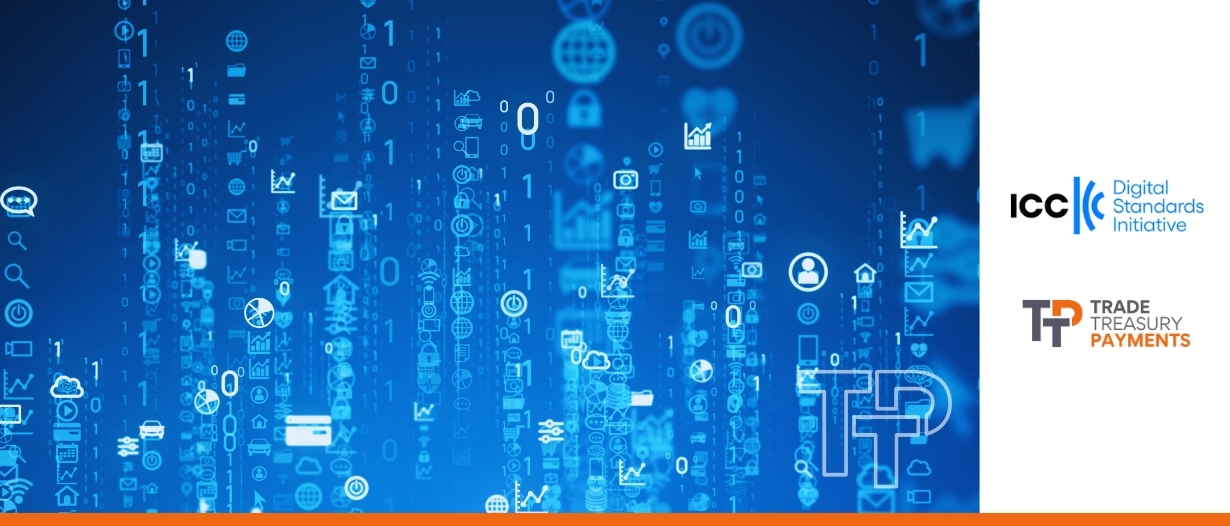Access Bank finalises acquisition of Standard Chartered Gambia
Carter Hoffman
Jun 18, 2025
 Carter Hoffman
Jun 18, 2025
Carter Hoffman
Jun 18, 2025

The roundtable featured a diverse mix of stakeholders, and not surprisingly, different perspectives emerged on how best to digitalise trade and where the main challenges lie.
Bank representatives noted that they operate within strict regulatory and compliance frameworks, which means any digital solution must be robust, legally sound across jurisdictions, and secure. From the banks’ perspective, one of the biggest hurdles has been the legal uncertainty around electronic documents (hence their strong interest in MLETR adoption).
Several bankers noted that they have been investing in digitisation initiatives, but they oftenencounter a patchwork of systems. A recurring comment was that no bank wants to force its corporate clients to use a dozen different portals for various trade services. Banks, therefore, see value in a more unified approach and many are increasingly open to collaboration with fintechs and even with other banks to achieve industry-wide solutions.
One bank participant cited the example of an open-account trade finance platform that their consortium abandoned after a few years, saying, “The lesson was that one bank or one platform alone can’t cover everything; we need interoperability and networks of platforms.”
There is now a recognition that co-creating solutions may yield faster and broader results, something that differs from views held in the past. Indeed, the banking group welcomed the push for common standards and expressed willingness to align on data formats and connectivity if it means lowering barriers for clients.
Fintech companies and trade tech innovators on the other hand, brought an optimistic and ambitious outlook. Fintech representatives at the table argued that the technology to digitalise trade is largely already available and that the bigger issue is industry inertia and legacy mindset. One fintech CEO opined that banks and corporates often “overestimate the risks of going digital and underestimate the risks of sticking with paper.”
There are many success stories where new platforms have digitised specific processes (for example, electronic bills of lading or digital trade finance marketplaces), demonstrating efficiency gains and fraud reduction. They acknowledged, however, that scaling these innovations requires buy-in from established institutions. Fintech participants advocated for open APIs and partnerships as the way forward, rather than positioning their solutions as standalone disruptors. Many fintechs now focus on integrating with banks’ systems or with large corporates’ procurement platforms, seeing themselves as enablers that can plug gaps.
The technologists at the table pushed the group to be bolder and move faster in abandoning paper, not least because their own timeframe for commercial sustainability is limited. They don’t have the luxury of waiting “3 to 5” years that industry observers estimate as needed to achieve interoperability. If it is indeed this long, many trade technology service providers might not survive.
A top concern of supply chain participants is how to integrate the digitalisation of trade processes into their existing workflows and systems. Corporates deal with numerous banks, logistics providers, and vendors, each with their own platforms, which many find inefficient. Several corporate participants lamented the current “app overload,” where a logistics portal might handle shipping documents, a bank’s platform handles letters of credit, and separate systems manage certificates or customs filings. They urged for a streamlined user experience, ideally accessible through the tools they already use, such as their ERP systems or supply chain management software.
In fact, one takeaway was that ERP integration is strategically important to corporates. If digital trade solutions are embedded into ERPs, companies can conduct trade transactions within a familiar environment without constantly switching interfaces. Banks in the discussion acknowledged this, with one banker noting that they aim to let clients access digital trade services via the clients’ own systems whenever possible.
In practice, this might mean the bank exposes APIs so that, for example, a company’s SAP or Oracle ERP can directly transmit a digitised letter of credit application or receive an electronic bill of lading, eliminating the need for email or portals.
In short, corporates want simplicity, integration, and reliability, and they are likely to fully embrace digital trade only when those conditions are met.
This article is a part of TTP & ICC-DSI’s whitepaper. Read the full edition HERE.
Trade Treasury Payments is the trading name of Trade & Transaction Finance Media Services Ltd (company number: 16228111), incorporated in England and Wales, at 34-35 Clarges St, London W1J 7EJ. TTP is registered as a Data Controller under the ICO: ZB882947. VAT Number: 485 4500 78.
© 2025 Trade Treasury Payments. All Rights Reserved.